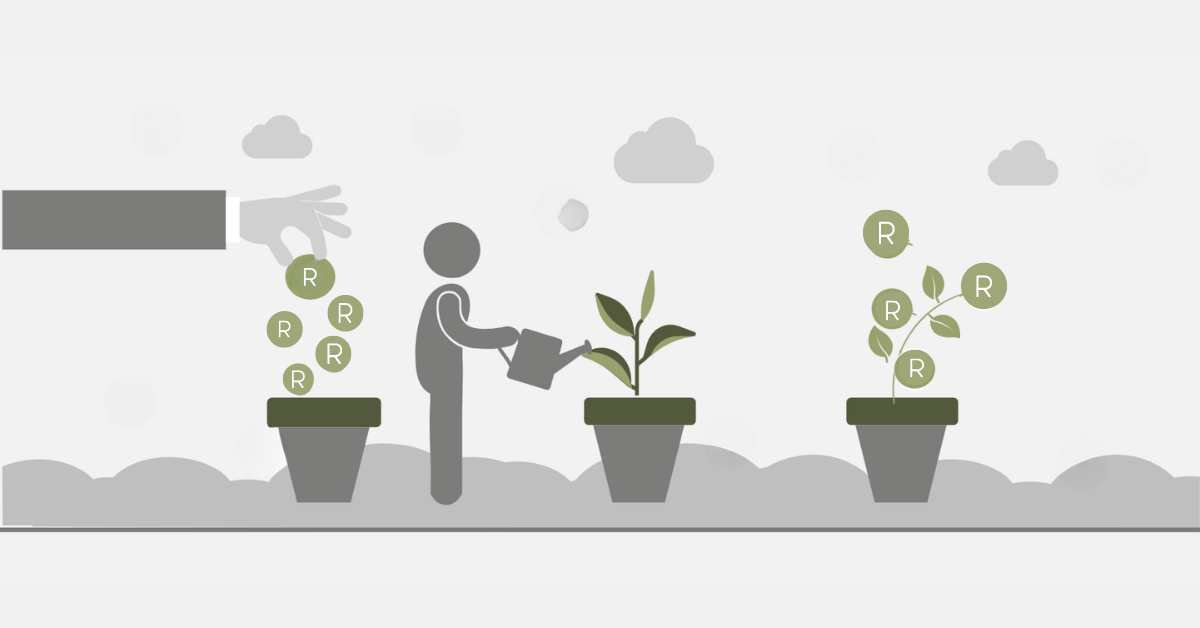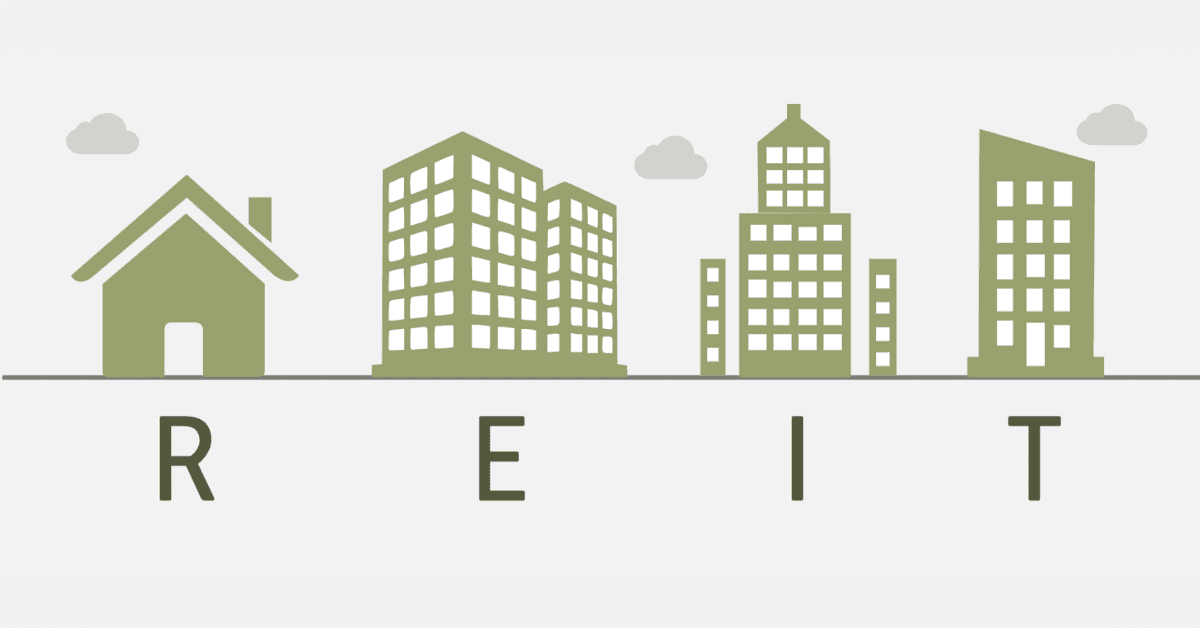Business in South Africa’s real estate market is complicated yet rewarding for entrepreneurs willing to take it seriously. With more urban populations emerging, a solid rental market, and a high demand for affordable housing, many prospects present themselves in this sector. Any initiative a real estate business takes in South Africa requires a proper proposal, an understood industry, and a strategized road to success in a highly competitive market. The discussion herein will explore profitability, the steps involved in creating, and critical considerations for starting a South African real estate business.
Is Real Estate a Profitable Business in South Africa?
Real estate investment in South Africa can be very lucrative, though, of course, success depends on many aspects: the market at that particular time, strategy of investment, and location. However, demand for housing remains constant, especially in cities such as Johannesburg, Cape Town, and Durban. With a rise in population and the urbanization of greater and greater numbers of people, opportunities arise in letting and low-cost housing development.
Indeed, the rental market is one of the most lucrative sectors in South African real estate. With a significant number of citizens well beyond the affordability of home ownership, demand for rentals is always high in residential and commercial property. Investments near business hubs, universities, and transport links will ensure a regular flow of income.
However, the profitability of real estate investment may only sometimes be achievable. Values of property may fluctuate along with interest rates. Moreover, various regulatory barriers interfere with returns. You must research the market cautiously and be flexible with your strategies. Minimize risks by learning about local trends and diversifying investments, reaping long-term profitability.
How to Start a Real Estate Business in South Africa?
This can be started with a well-planned and developed business plan. First, define what constitutes your niche. It could be residential sales, managing rental properties, or, for that matter, commercial real estate development. Having clarity on this front helps channel your energies and target clientele.
Secondly, your business should be registered with the CIPC. This will make your operations formal, and you will conduct your business based on the correct legal ways of operating a business. Depending on your niche choice, you may also want to get certifications to operate. Thus, you can get certified as a registered estate agent via PPRA.
Thirdly, funding is needed to start your real estate business. The fundamental realization is that such a venture needs adequate capital for operations, whether property buying, land development, or rental management. Loans, partnerships, or investor funding- such are the ways you get your financial needs met.
The other important thing is marketing. An adequately set online presence through a professional website and social media helps lure clients and showcase your services. Networking with professionals, like attorneys and contractors, is another avenue for precious partnerships. You can use this local market intelligence to develop a reputation for being reliable, which gives you an edge in competitiveness within the South African sector.
How Much to Invest in Real Estate in South Africa?
The investment that one requires to venture into real estate in South Africa is relative, with different models and locations. For instance, purchasing a house for flipping or letting will involve quite a substantial upfront investment, fluctuating from R 500,000 for entry-level homes in suburban areas to several millions of rands for high-end properties.
The investment may be lower for the entrepreneur in the case of property management or real estate agency services. Most of these models involve operational expenses, like office space, marketing, and professional certifications, but purchasing physical assets is separate. Therefore, budgeting is required to ensure the smooth operation of the business.
Equally important are the ongoing costs: insurance, maintenance, and marketing. Many new businesses need to consider these factors, and thus their finances suffer. With sound financial planning and access to capital, you will surely be well-equipped for such unexpected expenses.
What Kind of Real Estate is Most Profitable?
Real estate profitability differs by type, market demand, and the investor’s strategy. The most lucrative real estate investment opportunities in South Africa include rental houses, especially within urban areas. House rentals near universities, corporate centers, and transport channels boast of high demand; hence, they are lucrative investments that guarantee a steady cash flow to their investors.
Commercial real estate also holds enormous potential for profits. Office space, retail stores, and industrial properties have much higher returns from rental than residential properties. This class is purely dependent upon factors such as location and economic conditions. Investments in places where business is on the surge will provide maximum return.
Besides that, property flipping- profits generated by buying undervalued properties, renovating them, and selling at a profit is also a very lucrative avenue. This, however, requires good knowledge of market trends and renovation costs to avoid over-capitalization.
More affordable housing development is also growing as more government incentives and public desire for more affordable housing arise. Those investors able to cater to this part of the market usually receive tax credits and face less competition.
Which Type of Property is Best to Invest In?
This depends on your financial goals and risk tolerance. Established urban area residential properties remain one of the most secure investments for the ordinary capitalist seeking stable income and growth over the long term. There is a very high demand for rentals in areas such as the Atlantic Seaboard in Cape Town and Sandton in Johannesburg, as well as potential growth in property values.
Going with commercial properties will provide better yields if you aim for higher income. Usually, retail spaces and office buildings in business districts have higher returns on investment than residential rentals, although they require relatively higher initial investments.
Those especially eager for affordable entry points may consider sectional title properties such as townhouses and apartments. More often than not, both types of property are easier to manage and attract a wider variety of tenants.
Final Thoughts
Starting a real estate business in South Africa holds great potential for profit growth, but the same requires careful planning, research, and execution. Understanding market demand, having sufficient funds, and knowing the latest happenings within the industry help overcome challenges that come along the way in this sector. Whether you want to operate rental properties, develop low-income housing, or venture into commercial real estate, the possibilities for those with a visionary strategy who can take a long-term approach are endless.




![What are ETF [Exchange-Traded Funds]?](https://www.searche.co.za/wp-content/uploads/etf.webp)









